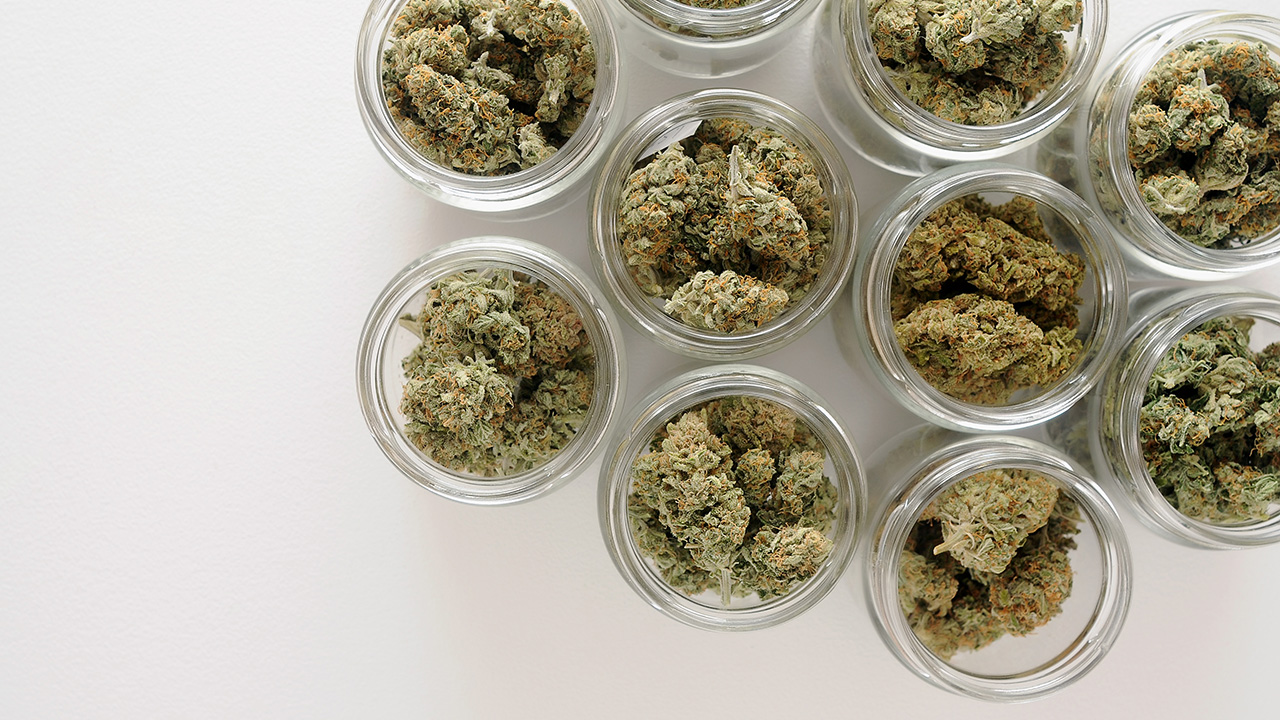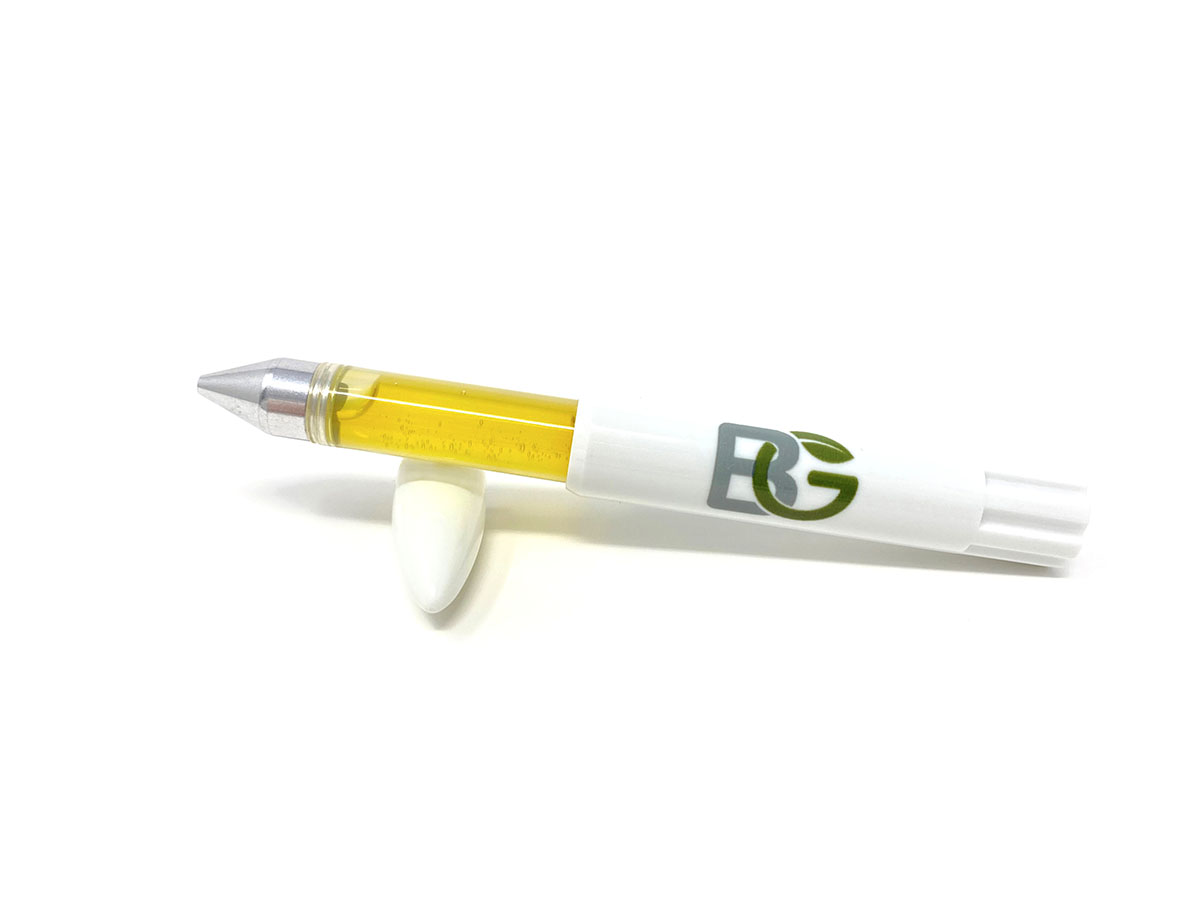
A Beginner’s Guide to Cannabis Flower
December 14, 2023
We’ve all been there. You step into a dispensary for the first time and there it is—cannabis flower—lining the shelves in all different varieties. There are giant buds and smaller buds, different stains and prices. So what do you do next? How do you know what to get? In this beginner’s guide, we’ll delve into all the basics of this fundamental form of cannabis, explaining what it is, why it got its name, the different types available, how to use it, and more.
What is Cannabis Flower?
Cannabis flower, often simply referred to as "flower," is the reproductive organ of the cannabis plant. It is the part of the plant that contains the highest concentration of cannabinoids, including the well-known tetrahydrocannabinol (THC) and cannabidiol (CBD). The flower is harvested and then either cured for sale or used to create other cannabis products like concentrates, distillates, edibles, and more.
Why is It Called “Flower”?
The term "flower" aptly describes the reproductive structure of the cannabis plant. The bud, with its vibrant colors, intricate trichomes, and aromatic profile, is the female cannabis plant’s flower.1 This part of the plant is meticulously cultivated and harvested to capture the essence of the cannabis plant.
Cannabis enthusiasts often use various names to refer to the flower, and two of the most common nicknames are bud or nug2 It’s fairly obvious how flower got this nickname; it’s the flower bud of the marijuana plant, and when harvested, they look like nuggets.
What are the Different Types of Flower?
Cannabis flower comes in different types, primarily categorized based on the plant's physical appearance. While indica vs sativa have reputations for certain effects, the truth is that the effects of a plant likely have more to do with all of the compounds in them rather than their genetic makeup.3 The three main types are:
Sativa
You may hear that sativa strains can be uplifting, but the effects you experience depend on the cannabinoid, terpenes, and flavonoids in the plant, rather than the fact that it is a sativa. Physically, sativa plants are known to be tall and thin with a lighter green leaf.
Indica
You might hear indica referred to as “in da couch,” referring to the sleepy effects it is purported to have. While we now know it’s the compounds in indica that likely give it its effects, you can identify indica plants based on their dark green wide leaves and short, bushy build.
Hybrid
Hybrid strains are a crossbreed of sativa and indica plants, combining the effects of both. Most of the strains you see in a dispensary will be hybrid plants.
What Can You Do With Cannabis Flower?
Just about every product you can find at a dispensary starts as cannabis flower, so it’s safe to say that there is plenty you can do with it. Here are some of the most popular ways to enjoy it:4
- Pipe: Smoking cannabis flower in a pipe is a classic and straightforward method. It offers a quick and efficient way to experience the effects of cannabinoids without a lot of hassle.
- Bong: A bong, or water pipe, provides a filtered and smoother smoking experience. The flower is packed into the bowl of the bong. When lit, the water cools the smoke, making it more comfortable for inhalation. You may also hear of a water pipe called a bubbler, which functions under the same principles as a bong does.
- Joint: Rolling cannabis flower into a joint—or cannabis cigarette—is a popular method for its simplicity and portability. While rolling joints can take a little practice to get right, many cannabis enthusiasts prefer this method of consuming flower.
How Should You Store Flower?
One of the most important parts of consuming cannabis flower is learning how to store your cannabis the right way. Proper storage is essential to maintain the freshness and potency of cannabis flower. We recommend you store it in a cool, dark place, away from direct sunlight and humidity. Airtight containers can help preserve the flavor and efficacy of the flower.
Answering FAQs About Cannabis Flower
There are seasoned cannabis experts who still have questions about marijuana flower, so of course, you might too. Here are a few answers that may be helpful to you:
How do I know what strains I should get?
If you’re at home and trying to decide what strain to get, the best thing to do is a little bit of research on the strain. There is a wide variety of beginner-friendly strains available, and there are sites where people talk about their experience with a strain. If you have a budtender you like, you can also talk to them about what you’re looking for. Just remember that your experience is going to be based on your unique endocannabinoid system, so it may be different from someone else’s.
Can you eat cannabis flower?
No, consuming raw cannabis flower does not provide the same effects as decarboxylated cannabis—and it will probably make you sick. To enjoy the benefits of cannabis flower and activate the THC in the flower, it has to be decarbed and then infused into butter or oil if you want to consume it.
Is flower the same as bud?
Yes, in cannabis terminology, "flower" and "bud" are often used interchangeably to refer to the consumable and potent part of the cannabis plant.
Learn More About Cannabis Flower
We’ve got more than a few guides set up to help you learn more about cannabis flower, but eventually, the best way to learn if you like it is to try it yourself. We suggest starting with strains recommended for beginners to get a hang of using your flower and then go from there. Your budtender will be more than happy to recommend a few options to you if you need an experienced cannabis enthusiast’s advice.
Sources:
1. “What is Cannabis Flower?” Leafwell, November 21, 2024, https://leafwell.com/blog/what-cannabis-flower
2. “Common Weed Names: Alternative Names For Marijuana,” High Times, January 7, 2020, https://hightimes.com/guides/common-weed-names-alternative-names-marijuana/
3. “Cannabis, a complex plant: different compounds and different effects on individuals,” Therapeutic Advances in Psychopharmacology, September 5, 2012, https://pmc.ncbi.nlm.nih.gov/articles/PMC3736954/
4. “All the ways to smoke weed and which methods are least harmful,” Business Insider Reviews, May 31, 2023, https://www.businessinsider.com/guides/health/how-to-smoke-weed
Please consume responsibly. This product may cause impairment and may be habit forming. There may be health risks associated with consumption of this product. State laws impact what dispensaries can and can’t sell to recreational customers and medical marijuana patients. Not every type of product, consumption method, dosage form, or potency mentioned on this blog will be permitted in all locations.


